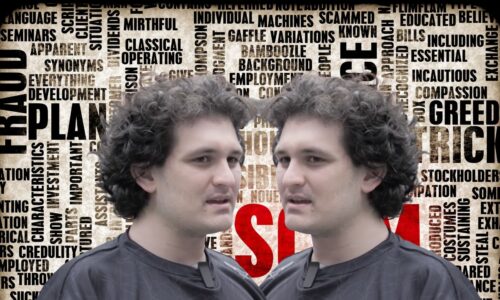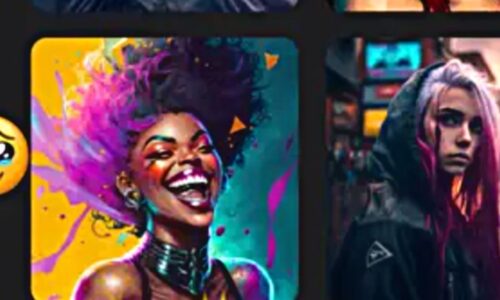| By: Teron Anderson |
 |
The digital age has made some of the most sensitive, private information available at the touch of a finger.
We live in a time where every fleeting moment and passing thought can be exposed to the world, making the concept of privacy a thing of the past.
This is an age when life secrets become exposed in 140 characters or less. An age in which trends live and die. Thanks to the flourishing of social media celebrities have made themselves vulnerable to public scrutiny more than ever.
Sometimes, when the stars rant and rave, they leave hurt feelings or end up with their foot in their mouths. Relationships become strained, and the opportunity for some great collaborations become missed.
It is a real risk to an artist or an athlete who sells millions of records or rakes in money thanks to endorsement deals. For instance, in 2011, Rashad Mendenhall of the Pittsburgh Steelers, lost an endorsement deal with Champion.
An immense backlash ensued after Mendenhall sent out tweets condemning the celebration of the death of Osama Bin Laden. He also shared his opinion about his doubts concerning 9/11 and who orchestrated the terror attacks on the United States.
Undeniably, there are benefits to the popularity of using social media. Artists are provided a new lane to interact with fans and market new projects. The fans get the chance to communicate potentially with their idols, learning intricate details of their lives they may not have known.
However, unfortunately, there’s a darker side to Twitter that breeds controversy and chaos within society. Twitter’s rapid-fire ADHD-esque design may be a bit too much for some, who might need to get up on Richard Dyer’s study on how to manufacture a “superstar.”
Many people in high profile positions that should know better, become overly comfortable and ready to spout whatever controversial and outlandish statement that comes to mind.
The level of publicity and attention that a few characters on screen can bring is amazing. Who can forget Gucci Mane’s wild Twitter rant a few years ago, or when those old Tweets got dug up of rappers voicing their disdain for their colleagues (this was a doozy that I particularly enjoyed lol).
Each of these are quite memorable incidents in the industry, but is that a good thing? Fame and infamy are synonymous these days, and many artists are making the news for all the wrong reasons.
“Reputation risk has been added to the list of business risks that organizations must take seriously,” noted Pekka Aula, Professor of Communication in the Department of Social Research, University of
Helsinki, Finland.
“It is mainly an operative risk. Generally, operative risks involve non-functioning to poorly functioning internal operations, systems, people, or external events that cause direct or indirect losses to an organization. This can take the form of the loss of reputation,” Aula said.
 |
OG Maco was recently in the news after he criticized Future on Twitter for his glorification of drug use and targeting the “lowest common denominator.”
The comments spawned a back and forth that included a challenge extended by Future for OG Maco to “say it to his face,” before differences were finally settled. Luckily in this case this conflict was resolved quickly, and a decent relationship remains intact between the two fellow Atlanta artists, both of whom have hits on their resumes.
Meek Mill has been in the headlines the past few weeks after he made the bold accusation that Drake does not write his verses. Meek claims this was particularly true on “R.I.C.O.,” a standout track featuring Drake on the Philly rapper’s #1 album Dreams Worth More Than Money.
From Joey Bada$$’ spat with Troy Ave to Nicki Minaj’s tiff with Taylor Swift, Twitter seems to be the ring hosting the Royal Rumbles of the Hip-Hop world. Situations like these could be averted by just a little more tact from the artists, their Twitter handlers, or maybe whoever is ghostwriting their tweets(jk).
The players in the industry were not fully prepared for the PR nightmare that Twitter’s little blue birdy can cause.
| https://www.youtube.com/watch?v=acuuGEXophw |
“The sharing capabilities of social media can produce beneficial mass publicity that is consistent with the promoted star image. However, bad publicity can be detrimental to a star image,” noted Michael Margiotta in a study conducted by Elon University.
“In the past, music stars and other celebrity personalities have argued that they have been misrepresented in the media and often employ publicists to monitor and control the type of media coverage artists are receiving,” Margiotta said. “The increasing speed and extent of social media conversation between consumers will certainly make controlling publicity a much more difficult job.”
Twitter beef has become just as common these days as the hottest hashtags and emojis. It is the hot track and Twitter beef of the week. The time has come for less fluff and more substance, a New Age where there aren’t so many artists better known for their outbursts than their music.
Things are always appreciated more when they remain at least somewhat of a novelty and musicians are no different.
Ever heard the saying less is more?
Every single life detail does not need to be exposed to excel at your craft, and wild Twitter rants are completely unnecessary to garner attention for the truly talented.
Let’s get back to the music, please. #backtothemusic




